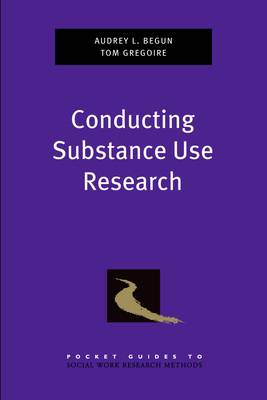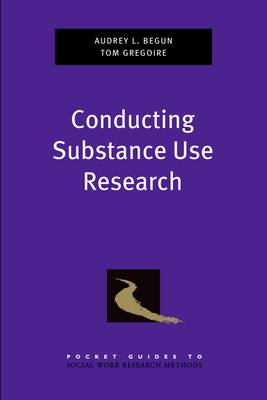
- Afhalen na 1 uur in een winkel met voorraad
- In januari gratis thuislevering in België
- Ruim aanbod met 7 miljoen producten
- Afhalen na 1 uur in een winkel met voorraad
- In januari gratis thuislevering in België
- Ruim aanbod met 7 miljoen producten
Omschrijving
This book assists new and experienced scholars in planning and conducting high quality, contemporary studies for knowledge building about substance use. The target audience is individuals new to substance use as a field of study, either as novice researchers or as experienced researchers in other areas who find themselves lacking experience to address overlapping issues of substance use. Organized around a translational science framework, the contents address substance use research about epidemiology, etiology, intervention efficacy and effectiveness, and implementation of evidence-informed interventions. In addition, examples and issues are drawn from social work traditions involving multiple levels of study (organisms to large social systems), integrating biopsychosocial aspects, and adopting a lifespan perspective. The authors examine the implications for research of current "great debates" in the field and present readers with a variety of specific substance use research resources and tools. This practical "how to" guide takes the reader step-by-step through issues specific to substance use research in study design, participant recruitment and retention, measurement and analysis, and the processes involved in the dissemination, diffusion, and implementation of evidence-informed innovations. A variety of technical resources and measurement tools are provided, as are references to journals for scholars to consider both as knowledge resources and as outlets for disseminating their work. In sum, this book offers a fresh approach to conducting substance use research that is not readily available in other texts.
Specificaties
Betrokkenen
- Auteur(s):
- Uitgeverij:
Inhoud
- Aantal bladzijden:
- 208
- Taal:
- Engels
- Reeks:
Eigenschappen
- Productcode (EAN):
- 9780199892310
- Verschijningsdatum:
- 2/04/2014
- Uitvoering:
- Paperback
- Formaat:
- Trade paperback (VS)
- Afmetingen:
- 137 mm x 208 mm
- Gewicht:
- 272 g

Alleen bij Standaard Boekhandel
Beoordelingen
We publiceren alleen reviews die voldoen aan de voorwaarden voor reviews. Bekijk onze voorwaarden voor reviews.









